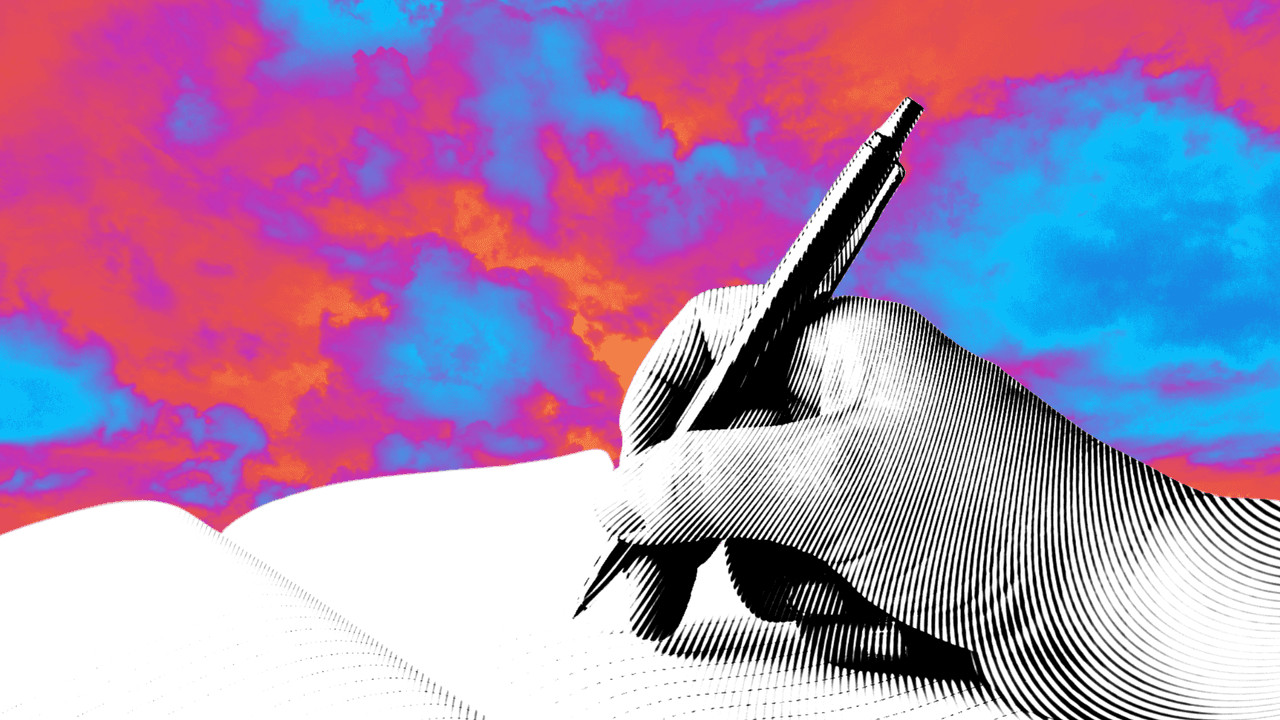
Journalism from the ground up: our plan to find the stories that go untold
Earlier this year we announced the launch of a new Bureau pilot exploring community-led investigations. We've been encouraged by the strength of the response to the launch – one word that kept coming up was “exciting”. The fact that so many people could not only see the value of this approach but were eager to see what it will produce shows that there is a huge appetite for new, innovative types of journalism.
“Investigative journalism” is a term that means a lot to some people, but is confusing or intimidating many others. I have met a lot of talented journalists and writers who think investigative journalism isn’t for them, in part because it requires some mysterious quality that they couldn’t possibly possess.
Then there are those within the media who think that investigative journalism is about only corruption and villains (and there is a lot of important investigative journalism on this topic, including from our Enablers team).
Many people outside of the media often seem unclear on investigative journalism’s purpose – despite the fact that most of it is in fact public-interest journalism designed to serve them. Investigative journalism needs to demystify itself and persuade the public of its vital importance.
Which brings me to our pilot. Funded by Google News Initiative, one of the pilot’s key goals is to show how investigative journalism can be carried out both with and for the public it serves. This is an experimental year in which we have the privilege of working with various communities to produce a different kind of investigative journalism. Our priority is to work with communities that have been harmed or ignored by traditional media and by current political discourse.
We’ll be working on two key investigations during the year. The first will be a crowdsourced, in-depth investigation into heat inequality – how different groups of people experience heatwaves – working with communities in Sheffield, Southampton and the London borough of Southwark. Work is already underway on this project by our diverse and talented team, and we also have lined up some collaborators that we are really excited about.
The idea for the investigation came out of the community we built around our previous Health Inequalities project. The issue really stood out to us as a way of making climate change feel real at a local level in the UK, as well as bringing together intersecting areas of inequality such as healthcare and housing. We can’t say much more at this point, but watch this space for the outcomes of the investigation later this year.
The theme of our second investigation will be community generated, and we are in talks with different groups in the UK about potential collaborations. We’ve run community-generated investigations in the past, such as our Is Work Working? project with the Daily Mirror that resulted in our investigation into the pay received by Deliveroo riders, which was reported in collaboration with riders themselves.
While plenty of investigations arise from secret tip-offs and carefully cultivated sources, we believe that great stories can also come from the grassroots level – and that unless we engage with this, hugely important stories will go untold.
Part of this year’s work will be to fine-tune that process of engagement. For the last five years Bureau Local has carried out complex, collaborative investigations, often with datasets spanning the UK. That has given us an understanding of the relationship between local stories and national patterns. It is through this ability to join the dots between the specific and widespread that we can add real value.
In our pilot work we plan to work with local communities to find out which issues they think are worth investigating, and test and identify whether these form part of broader systemic problems. We will also use our knowledge, sources and data skills to investigate how specific issues have been handled at a local, devolved or a central government level.
In addition to our two investigations, we’ll also be looking at how the Bureau Local network works and reviewing with our members how to make it as accessible and useful as possible. We will be developing a data resource hub and will soon be inviting people to take part in discussions around what that could look like.
We would love you to take part in our survey about how to make Bureau Local as helpful as possible to journalists and others across civic society. If you can spare five minutes of your time, we’d hugely appreciate it.
Meanwhile, if you have any thoughts on the rest of our pilot work, would like to collaborate or just say hi, you can contact [email protected]
Rachel will be speaking about innovation and inclusion at the International Journalism Festival on Saturday. The event will be live-streamed.




